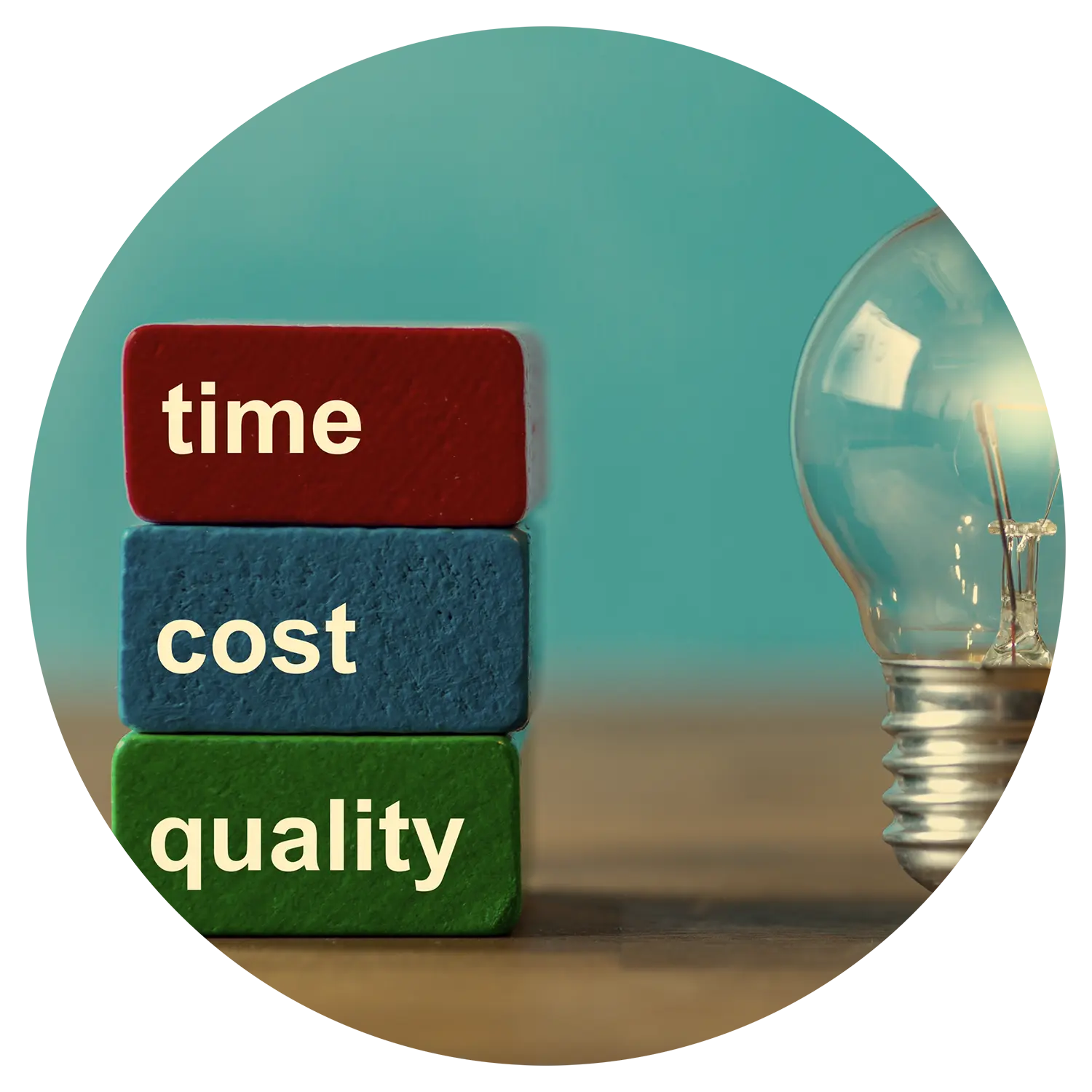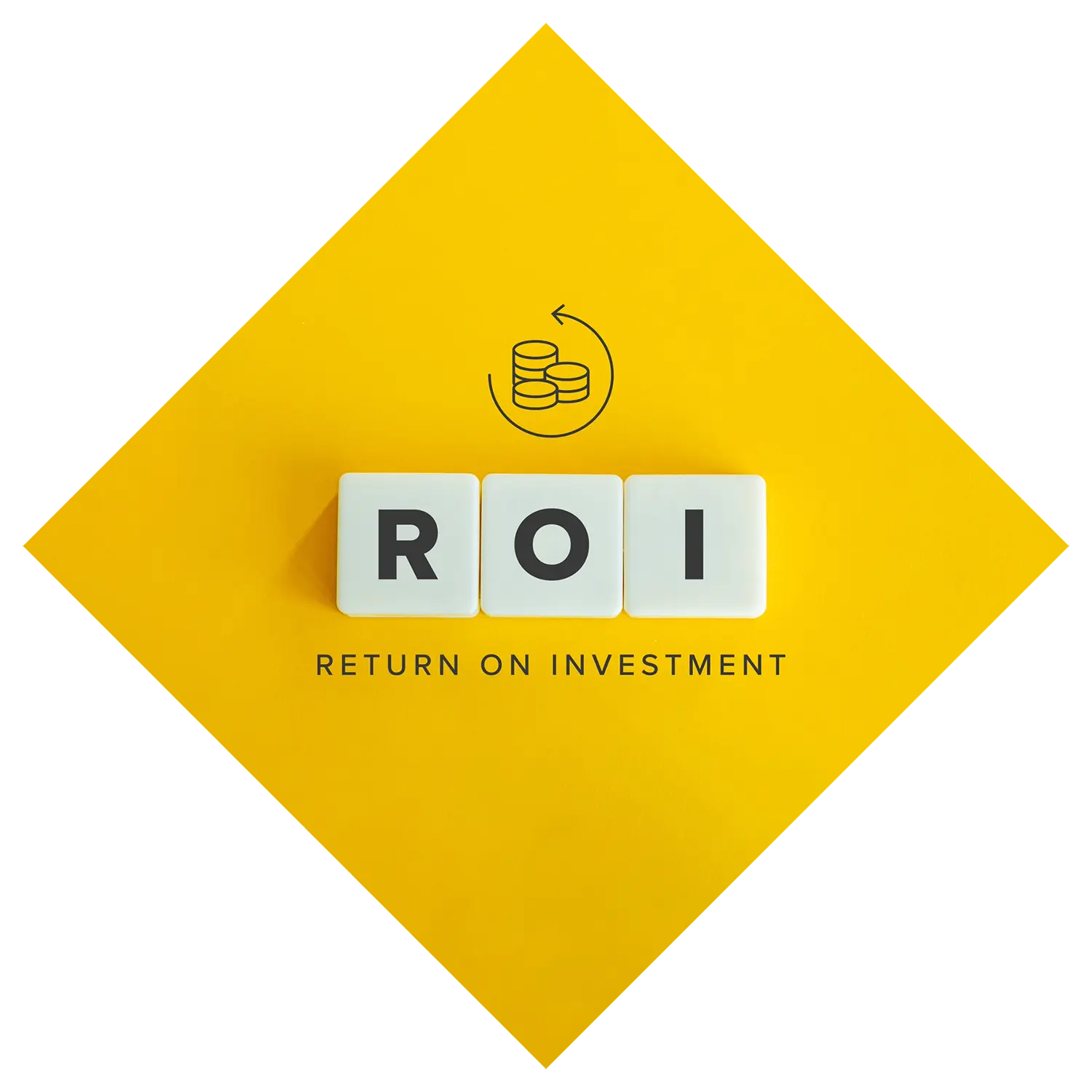
What is the Average Fee for a Business Consultant?
The average fee for a business consultant typically ranges from $100 to $350 per hour. However, this can vary significantly depending on the consultant's expertise and reputation. Here's a general breakdown:
- Entry-level consultants: $50 - $100 per hour
- Mid-level consultants: $100 - $250 per hour
- Top-tier consultants: $250 - $500+ per hour
What is a Reasonable Consulting Rate?
How to Keep the Total Cost of a Consulting Engagement Affordable

Blended Rate Consulting Scoping for Affordable Implementations
Here's how blended rates typically work:
- The lead consultant's expertise is utilized for high-level strategy, external team management, project quality oversight, and critical decision-making.
- Specialized tasks are delegated to team members with relevant skills and lower hourly rates.
- The overall project rate is calculated as a weighted average of all involved team members' rates including a small profit margin above those rates.
For example, if a project involves 20 hours of a senior consultant's time at $200/hour, 40 hours of a junior consultant at $100/hour, and 60 hours of a specialist at $75/hour, the blended rate would be calculated as follows:
[(20×200)+(40×100)+(60×75)] / 120 total hours= $104.17/hour blended rate at a total cost of $12,500

ROI, A Better Way to Gauge Consulting Rates

1. Define Clear Objectives: Clearly outline what you want to achieve before engaging a consultant. Whether it's increasing revenue, reducing costs, or improving efficiency, having specific goals is essential.
2. Quantify the Potential Impact: Work with the consultant to estimate the financial impact of achieving these objectives. For example, if the goal is to improve sales processes, calculate the potential increase in revenue.
3. Estimate Costs: Include the consultant's fees and any additional costs your company might incur during the project, such as staff time or new software implementations.
4. Calculate Projected ROI: Using the potential impact and estimated costs, calculate the projected ROI. A simple ROI formula in this case would be: (Expected Gains - Cost of Investment) / Cost of Investment.
5. Set Milestones and KPIs: Establish clear milestones and key performance indicators (KPIs) to track progress throughout the engagement.
6. Include Performance-Based Compensation: Consider tying a portion of the consultant's compensation to achieving specific results. While it may not be the only compensation a consultant is willing to accept, this aligns the consultant's interests with your company's goals.
How Much Do Businesses Spend on Consultants?

From Cost Considerations to Value Creation
- Consulting fees vary widely based on experience, expertise, and project scope.
- Small businesses and large corporations have different consulting needs, but finding a consultant within your budget should be achievable.
- A reasonable consulting rate is one that aligns with the value delivered.
- Focus on ROI and measurable outcomes when evaluating consulting engagements.
- The most effective consultants define clear objectives and quantifiable results collaboratively.

